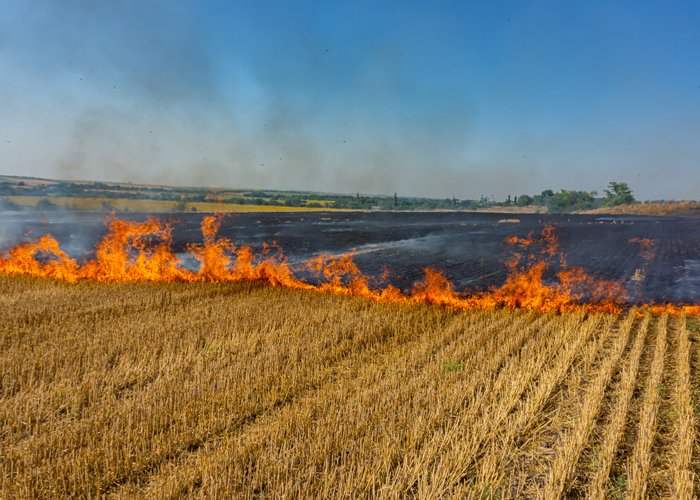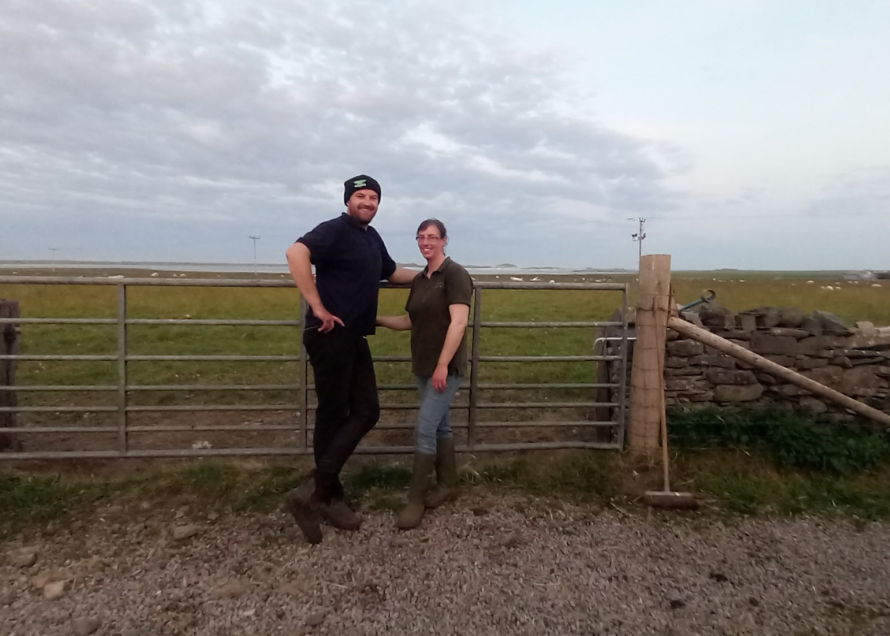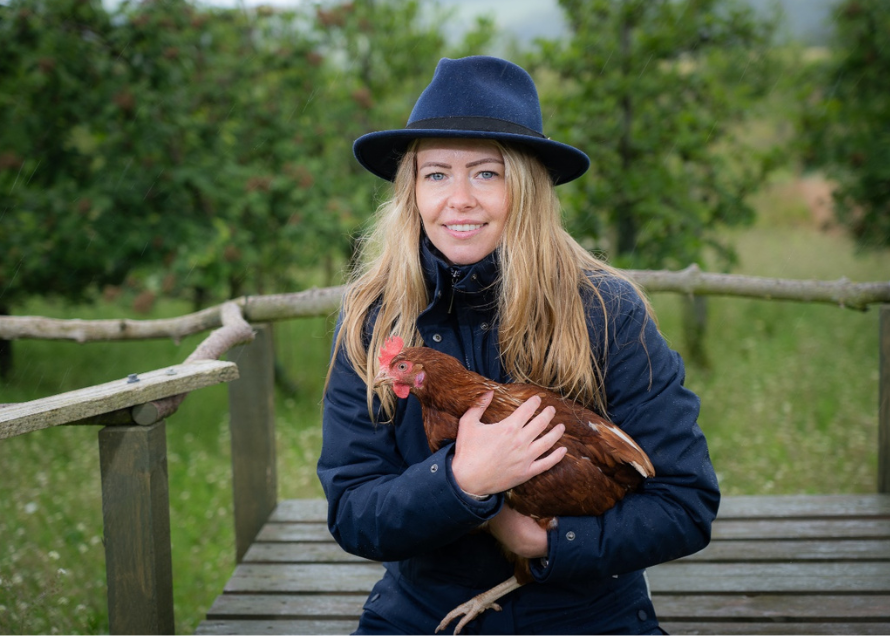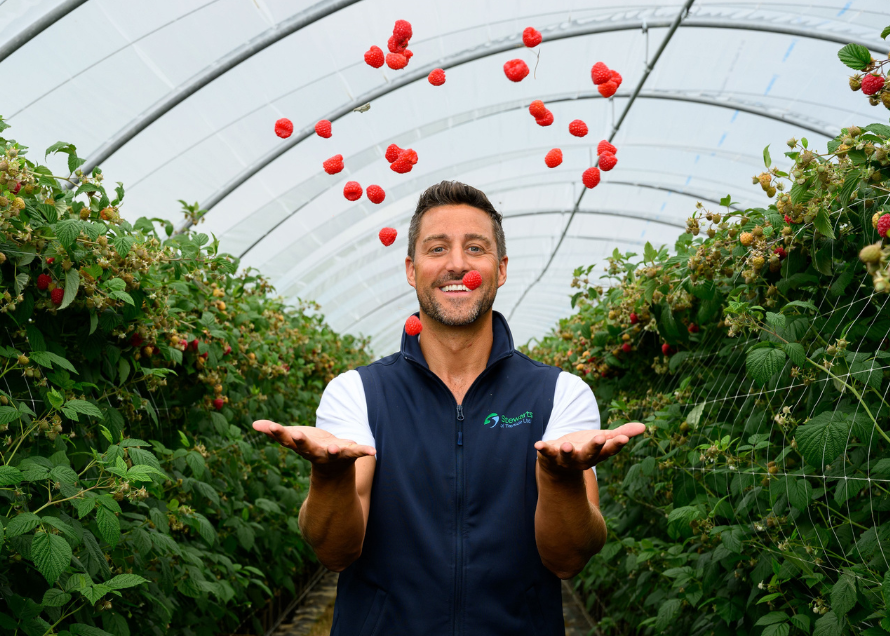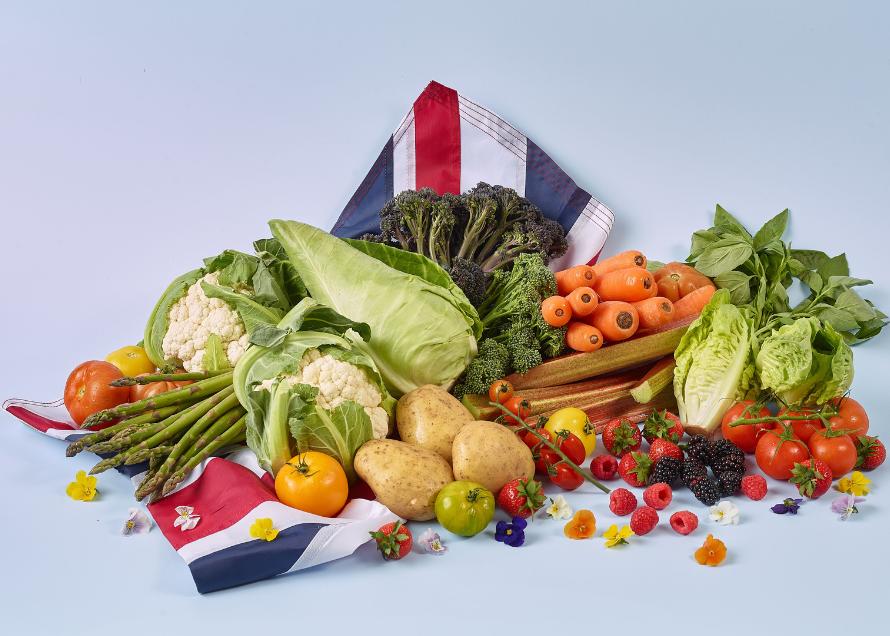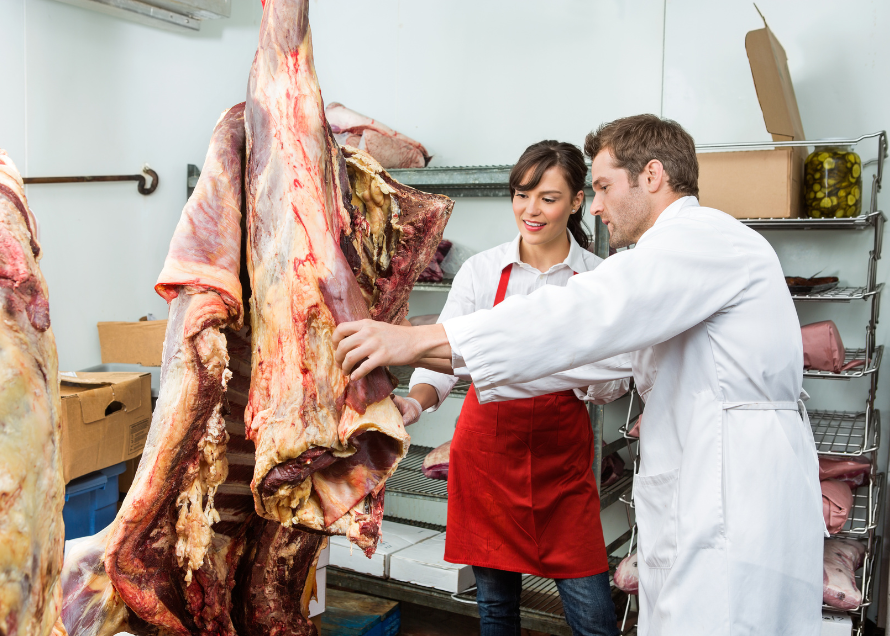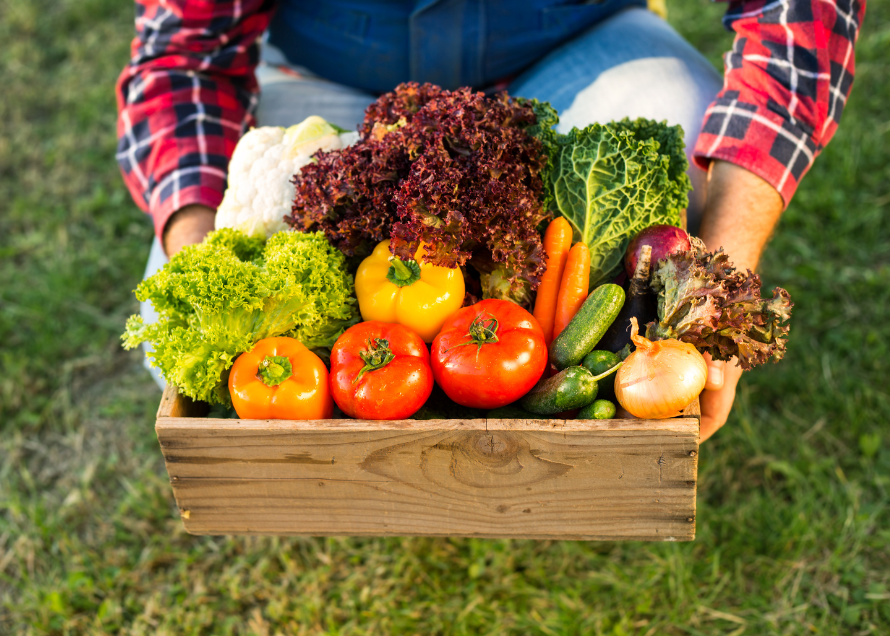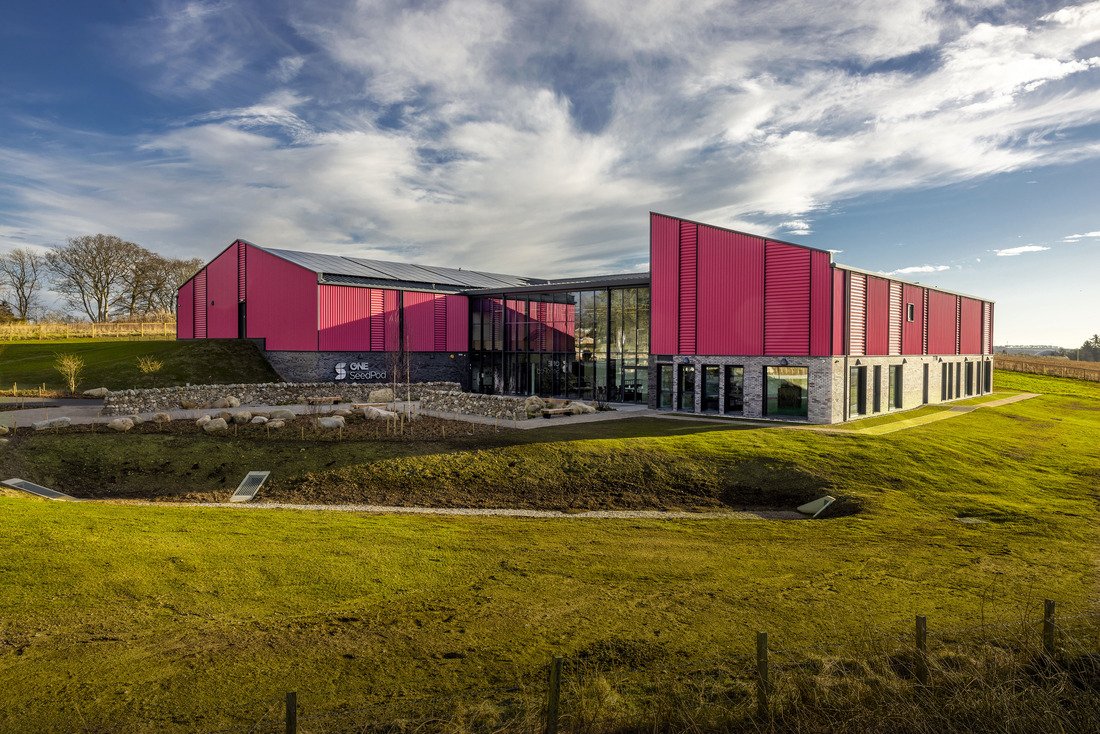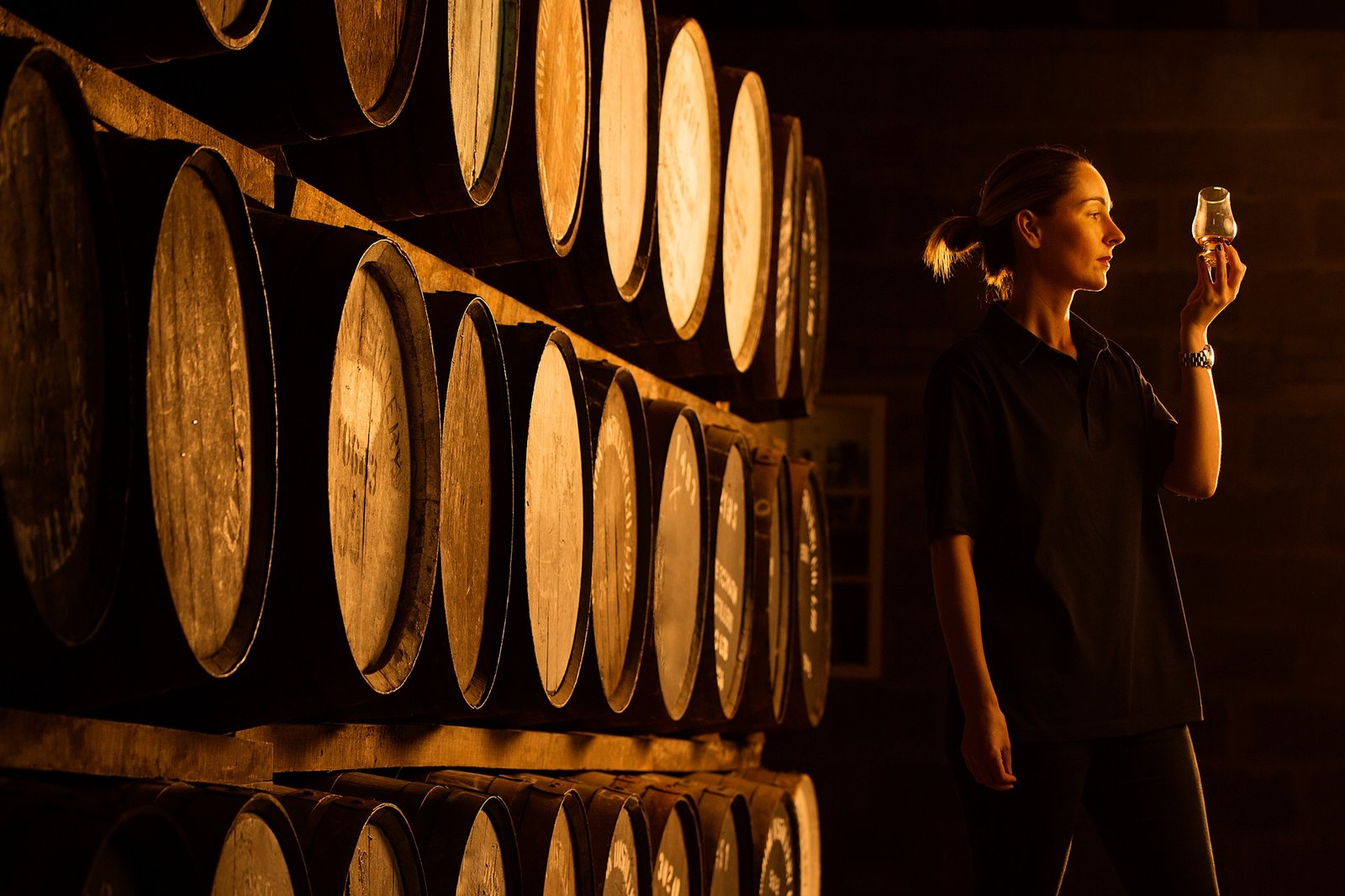UNPRECENTED high temperatures last summer saw the number of farm fires remain high in Scotland in 2022, totalling £6.6m, new figures from NFU Mutual reveal*.
Across the UK, NFU Mutual dealt with over 2,200 farm fire claims involving growing crops, buildings and farm equipment in 2022 compared to over 1,800 in 2021. The UK cost of farm fires totalled £83.5m.
With temperatures soaring past 30°C last summer, tinder dry conditions saw a large number of fires, causing damage to crops and buildings but also putting animals and lives in danger. **
In addition, UK agricultural vehicle fire claims, recorded separately by NFU Mutual, increased by 13% last year.
Of this, combine harvesters were the farm vehicles hardest hit by harvest fires, with the number of fires doubling in 2022 to 258. Higher repair and replacement costs led to a rise of 211% to £11.1 million in the value of combine fire claims.
With the weather set to become more extreme in the future with drier and hotter summers on the horizon, NFU Mutual is urging farmers and crofters in Scotland to prepare a comprehensive farm fire prevention plan and fit fire suppressors to combines.
Martin Malone, NFU Mutual Manager for Scotland, said: “The high number of farm fires in 2021 and 2022 highlights how important it is for Scottish farmers to prepare for very hot and dry summers in the future.
“For weeks on end last summer, the countryside was so dry that a spark or overheating combine bearing could lead to a fire, engulfing the machine and spreading to the surrounding crops.
“Farmers did a great job putting in place bowsers of water in their fields so fires could be tackled quickly, and ploughing fire breaks across fields to stop fires spreading – but even these measures weren’t enough to prevent hundreds of combines, tractors and balers, together with thousands of acres of crops, being destroyed.
“Farm fires put lives at risk as well as causing disruptive and devastating damage to rural businesses, so it is essential farmers have fire plans in place.”
Andy Manson, Head of Risk Management Services at NFU Mutual, added: “With scientists predicting hotter, drier summers, it makes sense to plan ahead for this possibility and put measures in place to help prevent farm fires and make them easier to put out.
“In practice, that means making sure all plant and vehicles are regularly maintained and checked for wear and damage – particularly to electrical parts and wiring.
“It’s also important to have a regularly-revised fire plan covering evacuation procedures for buildings, managing livestock, maintenance and cleaning schedules for machinery and training and inspection procedures for fire alarms and extinguishers.
“For highly vulnerable kit, including combines and balers, rigorous attention to maintenance and cleaning is essential. NFU Mutual also recommends fitting fire suppressors to combines and offers premium discounts to policyholders who fit approved systems.”
NFU Mutual Risk Management Services Farm Fire Safety Guide:
Have a plan in place – Put people at the heart of your fire plan and ensure everyone on site knows what to do in the event of a fire. The biggest priority in the event of a fire is to evacuate everyone safely, including people working in or living around the premises, taking special care to assist any vulnerable persons.
Don’t mess with electrics – Electrical faults are a major cause of farm fires and electric shocks can cause death or severe injury. Don’t try and attempt electrical work yourself and always use a qualified and competent electrician for work and inspections. DIY modifications, poor environmental conditions (such as wet, damp or acidic atmospheres), rodents, overloaded sockets and simple wear and tear are common causes of electrical fires on farms.
Suppress the risk – Suppression systems are a major game changer for the industry and play a critical role in detecting, containing and extinguishing fire. Whether you have a biomass boiler or a combine harvester, when working in hot, dry conditions, fire suppression systems can save lives and property.
Keep on top of your housekeeping – Good housekeeping is absolutely essential to ensure materials and machinery are stored correctly and to eliminate dust and debris. The build-up of waste and materials not only adds to the fuel that can burn in a fire, but can block escape routes and cause trip hazards in an emergency.
Control hot work – Welding, cutting or grinding equipment, along with blow lamps and blow torches can produce sparks which can turn into fires if they hit a combustible material. If work can’t be done outside, ensure you are in a clear, open area and far away from combustible materials (including combustible building structures). Anyone carrying out hot works on your farm should be subject to a strict ‘Permit to Work’ system.
If a fire breaks out:
- Call the Fire and Rescue Service immediately
- Make sure everyone is made aware of the fire and evacuate people to a safe location as per your emergency plan
- Only attempt to fight the fire if it is safe to do so and using the correct and maintained extinguishers
- Prepare to evacuate livestock, but only if safe to do so if the fire spreads
- Prepare to use farm machinery to assist the Fire and Rescue Service, but only on their instruction
- Ensure you can direct emergency services to the exact location of the fire e.g. download the ‘what3words’ app which pinpoints specific 3m x 3m locations. Send someone to meet and direct the Fire and Rescue Service to the fire
- Ensure the farm entrance is clearly signed and access kept clear to allow Fire and Rescue Service access





